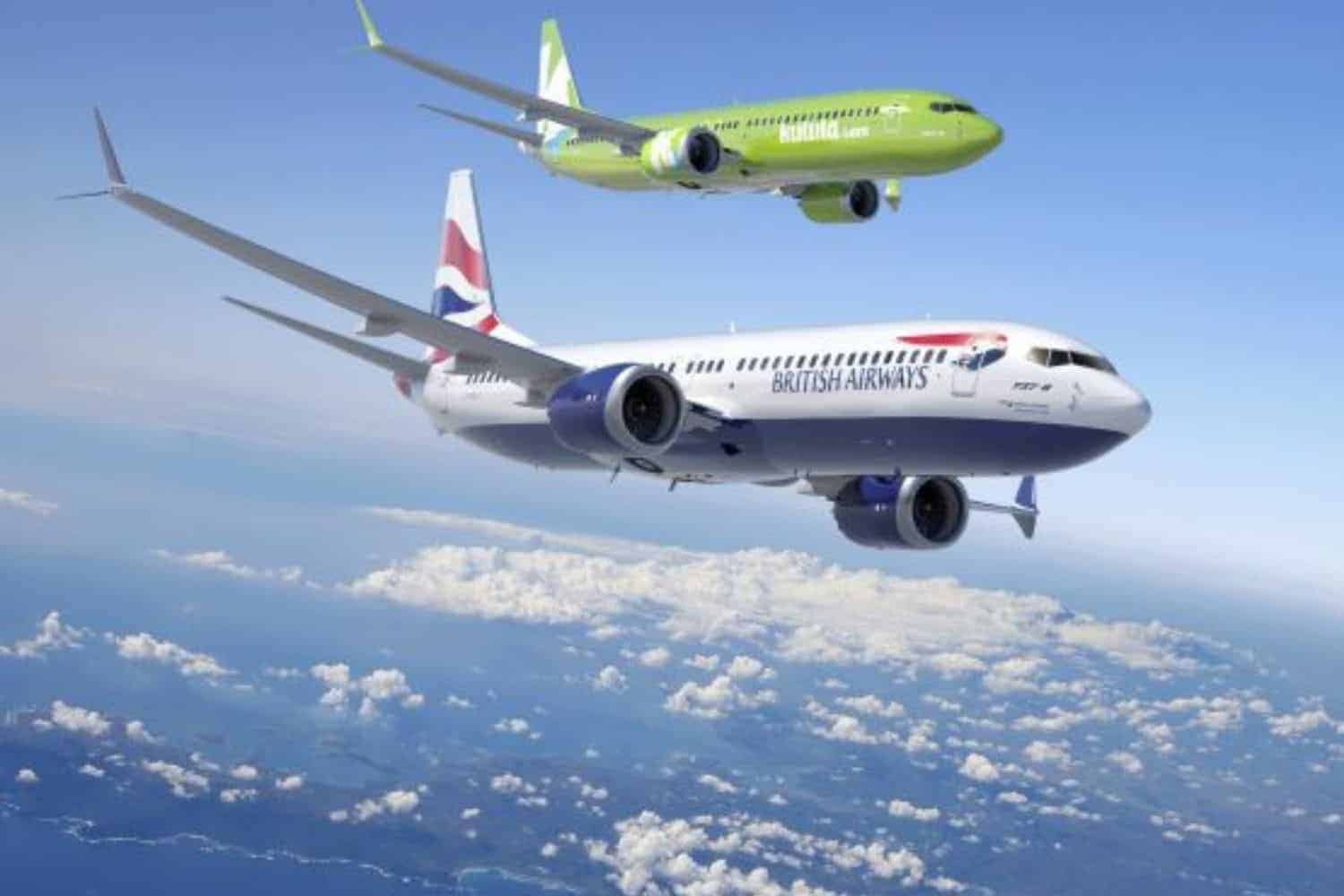Unpacking Comair’s safety management woes
SACAA's legal aviation and compliance senior manager simplifies why Kulula and British Airways flights have been grounded.

Picture: Supplied
The biggest weekend news from the aviation sector was that Comair had its planes abruptly grounded, impacting many British Airways and Kulula customers.
What we do know is the carriers were grounded for gaps in quality control and safety management systems by the SA Civil Aviation Authority (SACAA).
But for a better understanding, SACAA senior manager for legal aviation and compliance Luvuyo Silandela spoke to Moneyweb’s Fifi Peters.
The main concerns
Silandela said the concerns revolve around three items that have to do with the safety management systems that should be in place at every aviation operator.
These concerns emanate from at least three significant occurrences, where flights intended to depart and land safely in their respective destinations could not do so due to a fault.
“The findings are essentially three. They relate to the ability of Comair to demonstrate proper assessment and application of a risk-based approach, essentially in terms of assessing.
“These are the risks that are implicit in our operation, and this is how we mitigate them. This also entails looking into these occurrences so that they can determine what could have led to this and what mitigation measures would be taken.”
He said the findings do not relate to a specific plane of the 26-strong fleet, but that there will be one finding that “touches on two aircraft”.
More importantly, Silandela said the Air Operating Certificate required for the aircraft to run should be in place.
“So the findings relate to their operating system as opposed to specific aircraft.
“With the lack of verification of proper application of [a] safety-management system, this has a spill-on effect on their operations, which essentially affects all aircraft.”
Comair has had three “serious occurrences” warranting the SACAA to look into the operation, to make sure necessary systems are in place to address and mitigate risks that have emerged, Silandela continued.
What is needed to get back in the sky?
Silandela said there is now a process of presenting evidence to satisfy the regulator that findings made have been addressed.
“That is still ongoing, and it is essentially based on what is assessed and whether it meets the minimum requirements.
“As an airline there are certain procedures that are in place that say ‘this is how we will conduct our operations, particularly in giving effect to the system of safety management’.
“Now we require that evidence to say this is how it has been demonstrated.”
He said a “snapshot” was needed to get an idea of how the airline operator will manage safety.
“What was the assessment done in relation to this? What are the measures that have been implemented to ensure that we do not have a repeat or a much [graver] occurrence taking place?”
He was not able to provide a timeline as to when Kulula and British Airways flights would resume, however.
“There is no perfect time or best time to implement such measures.
“However, we take comfort from the fact that once real safety issues are identified, we are able to step in and make sure that we address those issues in a satisfactory manner, and we do not speak of a greater disaster.”
Listen to the full interview below.
This article first appeared on Moneyweb and was republished with permission. Read the original article here.







